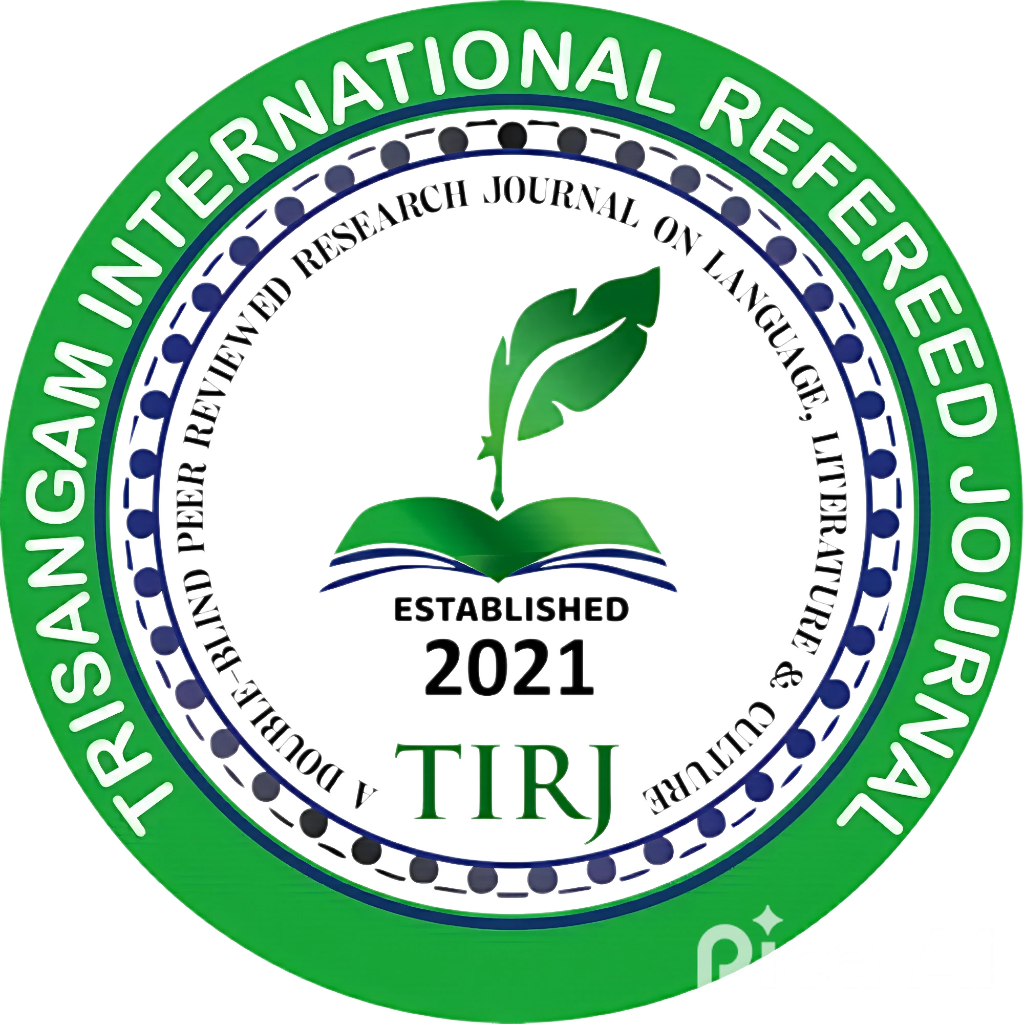Gandhian Humanism and Its Sociological Foundations : An Analytical Perspective/ গান্ধীয় মানবতাবাদের সমাজবৈজ্ঞানিক ভিত্তি : একটি বিশ্লেষণাত্মক দৃষ্টিভঙ্গি
Keywords:
- Gandhian Humanism,
- Nonviolence (Ahimsa),
- Truth (Satya),
- Sociological Theory,
- Swaraj (Self-rule),
- Trusteeship Model,
- Social Justice,
- Caste and Class Critique,
- Ethical Society,
- Grassroots Development
Abstract
This research paper explores the sociological foundations of Gandhian humanism, offering a critical and analytical perspective on how Mahatma Gandhi’s ethical and philosophical principles contribute to the vision of a just, inclusive, and morally grounded society. Gandhi’s humanism, unlike abstract theoretical constructs, emerges from a lived experience and practical engagement with India’s colonial realities, social inequalities, and ethical dilemmas. It rests on the pillars of truth (satya), nonviolence (ahimsa), self-rule (swaraj), trusteeship (sarvodaya), and the intrinsic dignity of labor and human life. These ideals are not merely spiritual or political; they are sociologically grounded and represent a framework for reimagining human relationships, power structures, and the role of the individual in society. The paper analyzes how Gandhian humanism offers a coherent response to structural violence, caste hierarchy, gender inequality, religious intolerance, and economic injustice — issues that continue to challenge societies worldwide. It investigates Gandhi’s emphasis on the village as the basic unit of a self-reliant and ethical economy, his rejection of industrial capitalism, and his critique of Western materialism, placing these ideas in conversation with sociological theories of community, development, and moral order. Methodologically, the study adopts a qualitative approach, drawing from Gandhi’s writings — such as Hind Swaraj, The Story of My Experiments with Truth, and his articles in Young India and Harijan — alongside interpretations by scholars like Bhikhu Parekh, Ashis Nandy, and Ramachandra Guha. These sources are examined in light of the theories of Emile Durkheim, Anthony Giddens, and Jürgen Habermas, revealing Gandhian humanism as a socially embedded and action-oriented ethical framework. The paper concludes that Gandhian humanism is not a relic of India’s anti-colonial past but a transformative sociological paradigm relevant to contemporary global crises such as climate change, moral disintegration, violence, and systemic inequality. It presents a model for participatory ethics, sustainable development, and nonviolent social transformation, emphasizing the potential of moral leadership and grassroots activism in societal change. As such, this research calls for the inclusion of Gandhian humanism within modern sociological discourse and its integration into policy-making, education, and global peacebuilding strategies.
Downloads
References
১. Gandhi, M.K. Harijan. Navajivan Publishing House, 1936, p. 23
২. Gandhi, M.K. The Story of My Experiments with Truth. Translated by Mahadev Desai, Navajivan Publishing House, 1940, p. 132
৩. Gandhi, M.K. Harijan. Navajivan Publishing House, 1940, p. 87
৪. Gandhi, M.K. Young India. Navajivan Publishing House, 1921, p. 221
৫. Gandhi, M.K. Harijan. Navajivan Publishing House, 1939, p. 76
৬. Gandhi, M.K. Young India. Navajivan Publishing House, 1925, p. 145






